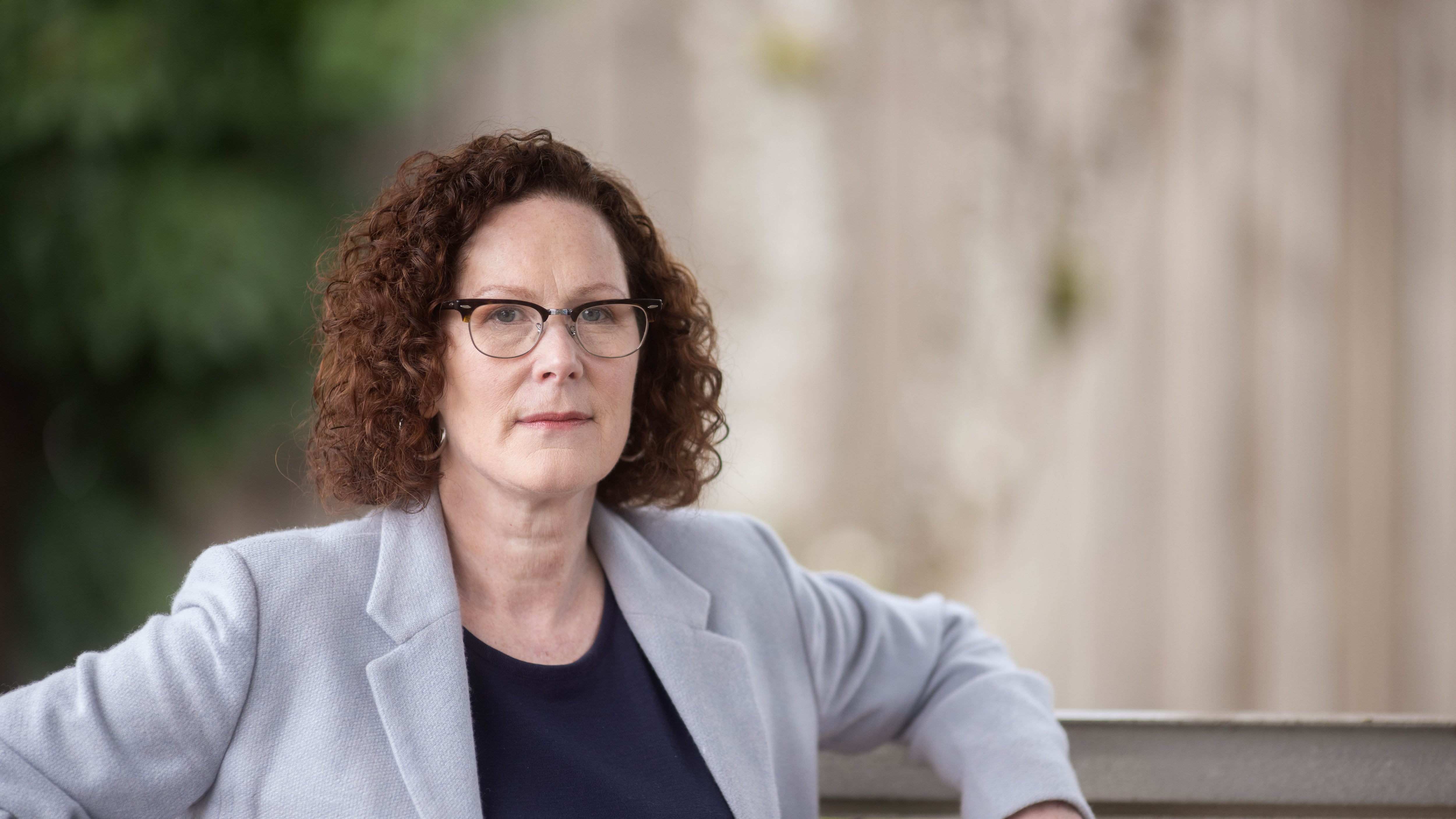For 11 months, Congresswoman Val Hoyle (D-Ore.) has not turned over text messages she sent and received during her four-year term as Oregon labor commissioner before she was elected to the U.S. House. Texts discussing public business are subject to Oregon public records law.
Hoyle’s attorney is expected to hand over a batch of those texts to the Oregon Bureau of Labor & Industries this week; thousands of other texts the lawyer will comb through individually with agency staff.
WW first reported this summer on Hoyle’s reluctance to hand over her personal devices so the state agency she once ran could inspect them for text messages and emails relating to state business. Agency officials first asked Hoyle to hand over those public records in her final days as BOLI commissioner late last year; agency staff asked again in the days following her departure. Hoyle didn’t respond to the agency’s request until WW pressed the issue this summer.
Hoyle retained lawyer Emily Matasar to handle the transfer of public records from her devices to BOLI. Matasar, in a recent email to BOLI officials obtained by WW, says she’ll transfer the first tranche of text messages that are almost certainly public records to the agency by the end of this week.
Another 5,000 texts, Matasar said an email to BOLI staff, she would like to go over individually with BOLI’s records specialist to determine whether or not they’re public records.
Todd Albert, the state’s public records advocate, tells WW that Hoyle’s decisions present the state with few good options.
“The use of personal devices or accounts to conduct government business, whether done by an elected or appointed public servant, is problematic because it makes it difficult to track, retain, or disclose the public records that are created,” Albert wrote to WW. “Although Oregon’s public records law does not prohibit the use of personal devices, doing so means that any public body attempting to adequately maintain or disclose records must rely solely on a good faith statement of the public servant as to whether any such records exist, rather than on its own records oversight.”
Elected officials in Oregon are advised to use only their state devices to conduct official state business. That’s in large part because the state in real time logs those messages in a database so they can be produced in case of a records request, which increases transparency of how agencies and elected officials conduct business.
But the Hoyle situation is unique—and unprecedented—for a number of reasons.
The first is most obvious: Hoyle not only conducted state business on her personal phone during her time as BOLI commissioner, but for more than 11 months has failed to provide those records to the bureau.
Second, Hoyle decided which texts from her personal phones to produce to Matasar, the lawyer she retained. That puts the power of what to disclose in Hoyle’s hands—not in the agency’s, which would have been the case had Hoyle conducted business only on official devices.
The agency has repeatedly asked Hoyle to hand over her devices so the agency could extract public records using software tailored to such a purpose. The entire transfer, BOLI told Hoyle this summer, would take 20 minutes. Hoyle repeatedly declined to hand over her phones, writing to BOLI on Sept. 6 that she “left for the East Coast today and won’t be back until the end of September so providing you with access to my phone would not be expedient.”
Had Hoyle only conducted business on official devices, “the agency would be required to determine what information is subject to disclosure,” says BOLI spokeswoman Rachel Mann. “Additionally, it is possible that non-public records may be combined with public records so if we were provided with all of the records, we would identify non-public records to the extent possible and redact/cite them as exempt for the purposes of disclosure.”
Hoyle’s reticence to hand over her texts, and her personal devices, stands in stark contract to a statement she made in March 2020 during Sunshine Week, an annual celebration of transparency in government.
“Easy access to the work government does is at the foundation of our democracy, and especially in such uncertain and disorienting times,” Hoyle said at the time. “I am fully committed to making public records as accessible as possible for press and members of the public.”
Hoyle added: “When we get through this crisis, and people want to look back and examine how decisions were made, what went right and what went wrong, open and ready access to public records will be critical for all of us to understand what happened and prepare for the future.”

